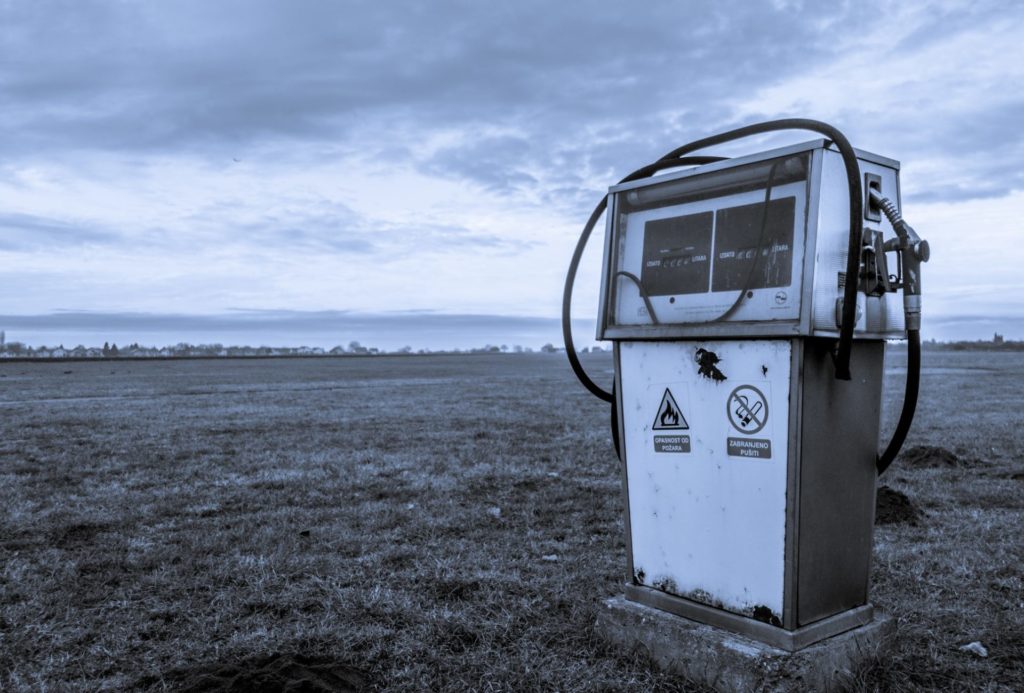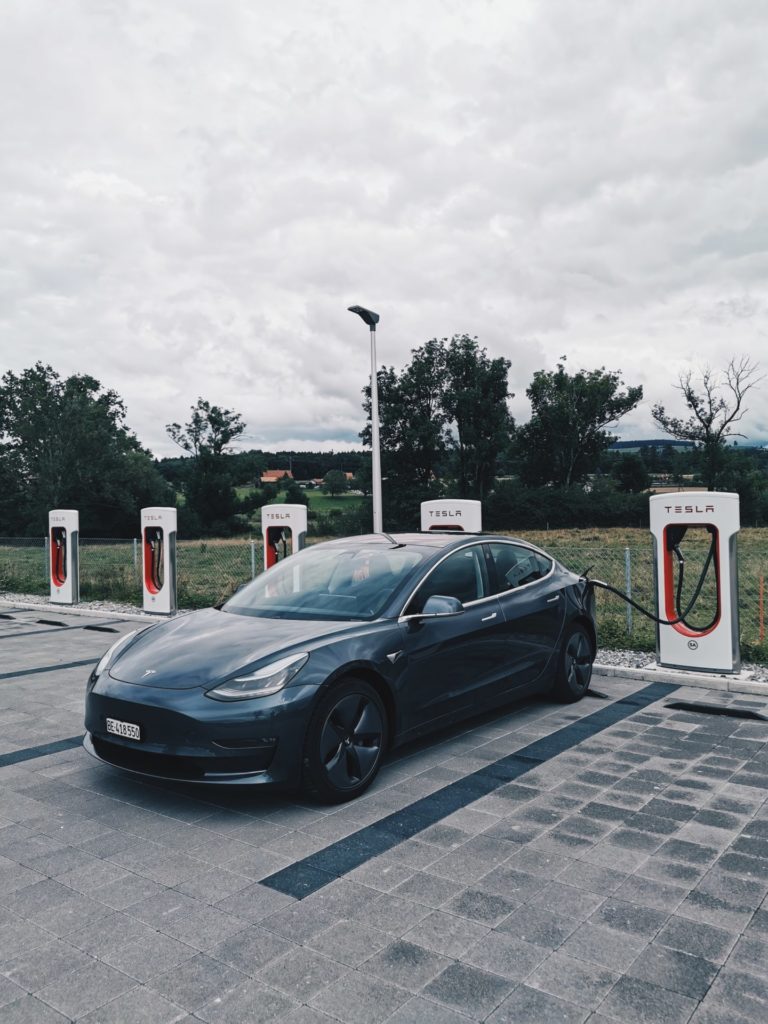A very interesting article was released today relating to Tesla cars. The article, published by electrek declares: “Tesla has ‘6 years lead over Toyota and VW’ in electronics, says new Model 3 teardown“
6 years…
In the age of modern electronics that is a lifetime for some CPUs!!
Using a very liberal interpretation of Moore’s Law, if it were to apply to AI processing, means that 3 iterations of the law would pass in those 6 years. That would put an effective lead of eight times the computing power ( = 2^3 ) inside Tesla’s electronics over competitors in the automotive space.
A six year lead and eight times the computing power? When does that ever happen in the Engineering world?
Tesla of course has the huge benefit of being an upstart in what has become a hugely iterative market. Sure, new cars and new designs come out, but there has been no real innovation in terms of overhauls of systems and electronics on cars. This is not a statement with a time-based qualifier. There will not be an “in the past 10 years” added on to that statement.
Automobiles have always been iterative. We have seen incremental enhancements year over year ever since the horseless carriage starting moving under it’s own power. Electronics are no different. Sure, slowly the screen sizes have been creeping up and the general saturation of Android Auto and Apple CarPlay are underway, but when is the last time that anyone has called out a new feature on a vehicle that could truly be called revolutionary as opposed to evolutionary?

This article was at the forefront of my thoughts while driving my 8 year old gas guzzler home after work today.
The news that most automakers are at least six years away from early 2020 parity is a depressing message. If we are at least six years away from general automotive parity then we are at least that far away from general, ubiquitous charging.
You see, I am in the market for a new car now. And I desperately want to talk myself into an electric car, preferably a Tesla.
What is holding me back are the same fears that many people discuss with electric cars. Range anxiety. Ease of fueling compared to gas-powered vehicles. Support from a dealer network. An inability to just get in the car and drive as far as I need or want to without worry that I will run out of fuel.
While these fears have routinely been debunked by many articles and people including Bill Gates it is hard to overcome the mental barriers to owning an electric car. The usual arguments floated through my head as I drove. The thought process went something like this:
- Yes! Let’s buy an electric car!
- The range in a Model 3 is plenty to make it back and forth to work
- What about going on vacation?
- Uh-Oh. Derailed.
At this point the thought train was on a new track, with only one thought:
- Where would it make the most sense to have charging stations when going on vacation?
There are gas stations, of course. But when was the last time that anyone, other than a truck driver when taking a nap or a shower, spent more than a few minutes at any gas station?
There are coffee shops. Sure, if we aren’t hitting up the drive through chances are that we can kill an hour inside while drinking our coffee.
However there is one type of business that stood out as having a great opportunity to benefit the most when installing a nationwide network of car charging stations:
Hotels.
Hear me out on this one. Many hotels are already either being built with lobbies as destinations or are being re-tooled to accomplish that goal. There are happy hours, small pub-style food options, and other destination-styled functions in many hotels now. They are already destinations for people who are traveling.
The problem with gas stations and coffee shops is that current charging technology takes an hour or two to replenish the electric “fuel” in a car. This makes stopping at these types of businesses much less palatable when traveling with a family for extended periods of time or when with coworkers on a business trip.
Hotels have business centers with computers, comfortable lounge areas, internet access, pools for kids, outlets to charge Nintendo Switches, and drinks for adults, all while the car is outside getting fueled up.
Then those same charging stations can simply be used by overnight guests later on in the day when fewer people are out driving. It is a win-win for Hotel owners who can double dip on charging for this convenience while bringing more people to their hotels during the daytime.
The sooner more businesses take leaps like Tesla has and change the paradigm, the sooner we will all be in safer, self-driving electric cars. While the odds seemed long many years ago for an upstart electric technology company to take on the big, established gas-guzzling automakers, the door is wide open for other businesses to take their own leaps and connect the dots in bridging technology and people.
Tesla did it. They successfully disrupted an established industry and everyone else is scrambling to catch up. There is opportunity here, the question is, who will connect the dots to create the first charging empire to power the new wave of electric cars?
Unfortunately, most hotels still do not have charging stations and I still have range anxiety. Hopefully, both of these problems will find solutions much faster than the six years it will take other automakers to catch up!
Thanks for reading!



Comments are closed, but trackbacks and pingbacks are open.